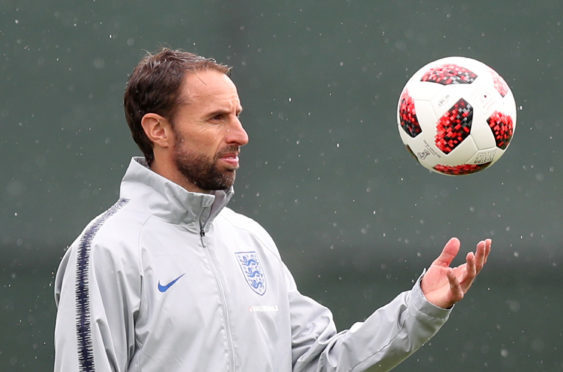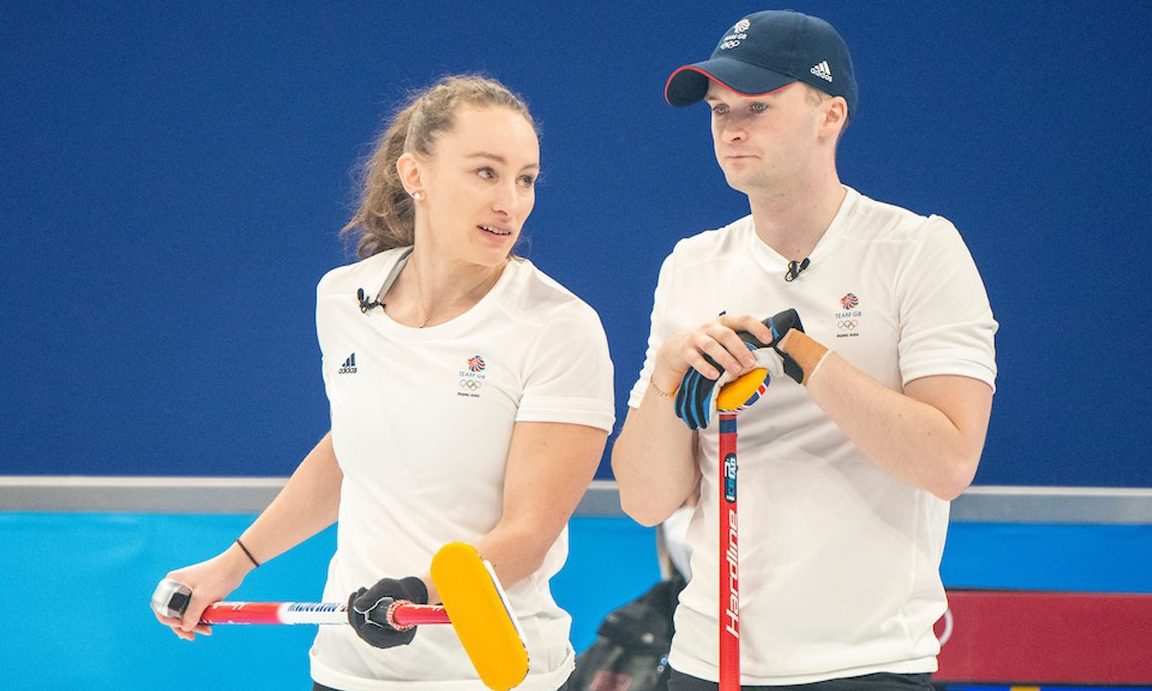By tomorrow night England may be in the World Cup semi-final.
Some Scots will grieve over this. I won’t.
As a nation we have no skin in the game, yet many Scots find it difficult to wish the Auld Enemy well in any match.
I have no such problem.
Critics level their abuse at the off-putting English media and broadcasters, for their inherent bias – but as the TV reporter seated 10 yards behind the net in Paris, when James McFadden’s wonder strike beat France in 2007, I leapt off my wooden bench to celebrate a famous Scottish victory.
I’m simply enjoying this tournament and supporting no one in particular.
However, I’ve warmed to the England boss.
I’ve been impressed with the decency, dignity, and unassuming demeanour of Gareth Southgate, and the lack of bombast from his squad.
I don’t think they have the inventiveness or the creativity to win the World Cup, but I wish them well.
I’m not adopting a sour approach because we’re not there.
We’re not in Russia because we’re not good enough, and we haven’t been for a long time.
Until we address the reasons for that absence, some of us will continue to take our pleasure from potential English misfortune, rather than any success of our own.
- The sweet siren sounds of big money whispered in a football player’s ear are ever present.
Young stars and their parents find it very hard to resist smooth-talking agents talking telephone numbers. Little wonder then that young heads and old heads alike are turned.
Celtic star Kieran Tierney is the latest young Scot to be linked with a move to English football, in a tale as old as football itself.
Celtic mad, and the finest full back at the club since the legendary Danny McGrain, he recently signed a six-year deal to stay at Celtic Park.
That’s good business for both him and the club, but it won’t stop him moving to pastures new, because history proves that the lure of the money and the fresh challenge is almost always irresistible.
The days of the one club man are long over.
Celtic will at some stage bank a huge fee of £20 million plus, and Tierney and his representatives will also pocket the kind of money simply not available in Scottish football, with the player likely to quadruple his wages or more.
Forget player declarations of lifelong loyalty.
It’s not that those may not be truly felt, but just as the military claim that no battle plan survives first contact with the enemy, so too in Scottish football.
Even strongly held principles seldom survive first contact with the mega money on offer in England.
By the time agents have acquainted players and their families with the phenomenal riches to be made, and the guarantee of lifelong security before the age of 30, all previous bets and promises tend to quickly fly off.
Football fans would play for their club jersey for free, but players are only ever one bad injury away from ending an already short career.
That means money will always trump loyalty.










